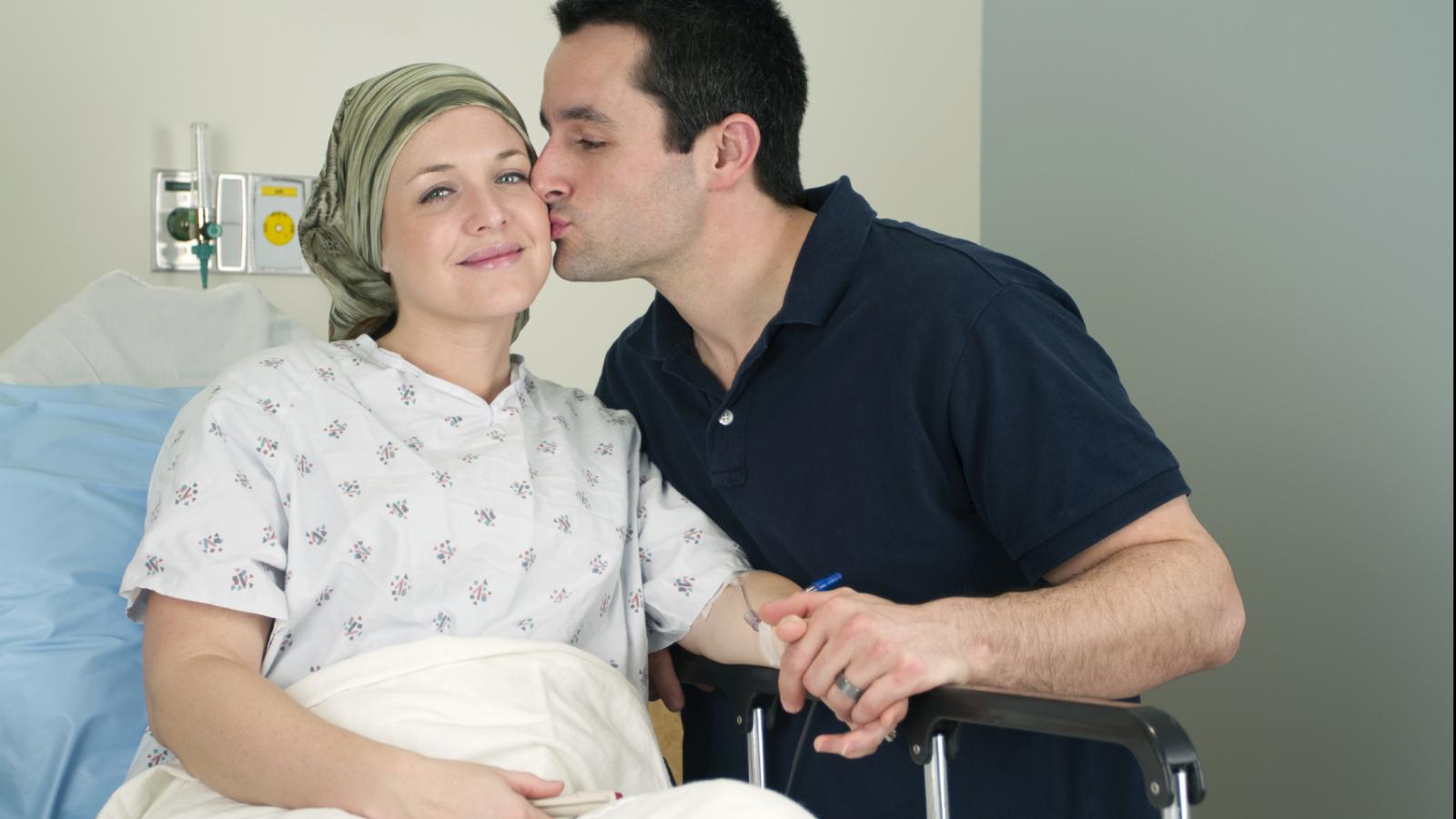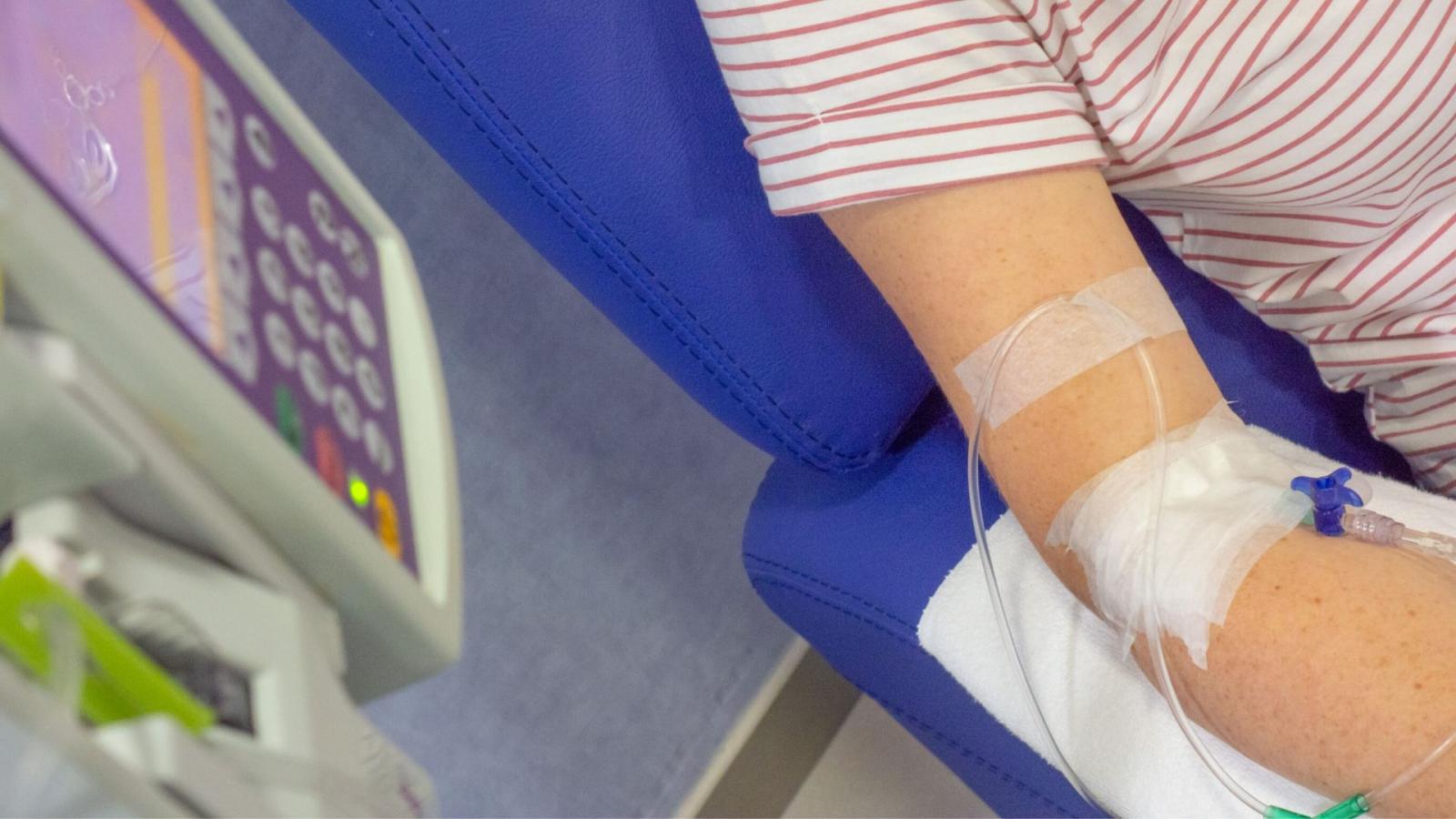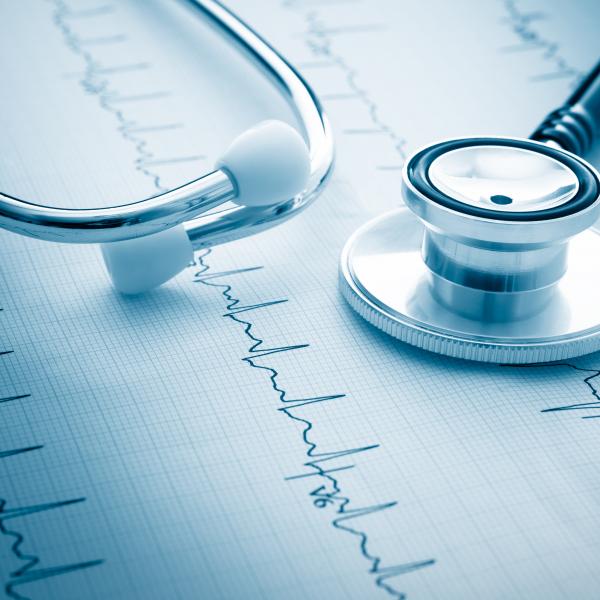Life in the hospital

If you have not been admitted to the hospital before, it can feel confusing. Knowing what to expect can help you to cope better.
Ward rounds
Ward rounds are the time when your doctor(s) visit to check your progress and review or change your treatment. You will also have the opportunity to ask questions about your treatment and take part in any decisions that need to be made.
Occasionally, there may be other doctors or medical students with your usual doctor(s) when they come to see you; The ward round is an important part of medical students' learning. If you would prefer to see just the minimum number of doctors, please let your nurse know in advance.

If you have any questions or don’t understand anything, don’t be afraid to ask your doctor or nurse. You can also call our Support Line on Freephone 1800 200 700 or visit a Daffodil Centre to talk to one of our cancer nurses.
Routine tests
Blood tests
Blood tests are sometimes performed as often as every day, depending on your treatment and general condition. These are important, but you may find them tiresome.
Blood can either be taken from a vein (peripheral sampling) or the nurse or phlebotomist can take it from your central venous catheter, if you have one. Blood samples are usually taken in the morning, but sometimes more samples maybe required at other times of the day.
Your team carefully watches the results of all of your tests, but if you would like to keep your own record, please feel free to ask about the results.
X-rays
Chest X-rays are performed often for patients who are having, or have had, chemotherapy. This is because there are some types of lung infection that do not show any symptoms until they are severe. Having regular X-rays can help to find these infections early. .

Medicines
Routine medicines are brought to you several times a day. Medicines, such as painkillers or anti-sickness drugs, are often prescribed on an ‘as required’ basis, so ask your nurse when you feel you need them. Always tell your medical team if the medication isn’t controlling your pain.
Some patients receive their painkillers via a pump, which delivers pain relief when you press a button.
Intravenous antibiotics
Most intravenous (IV) antibiotics are made up and given by the nursing staff. Every effort is made to give these when you are awake, but on some occasions, when many infusions need to be given, the nurses may need to start them early in the morning and complete them during the night.

Observations
While you are in hospital, there are various ways of monitoring your condition. The most common are described below:
Temperature
Your temperature may be checked frequently over the course of the day. A thermometer will be placed in your outer ear and can read the temperature electronically using an infra-red sensor.
Pulse
This may be checked electronically, frequently over the course of the day. You may find that your pulse rate is faster if you are anaemic or if you have a raised temperature when you have an infection.
Blood pressure
This may be checked frequently over the course of the day using a machine. You may find that your blood pressure runs a little lower than normal when you have a raised temperature or a little higher if you are anxious or in pain.
Respiration rate (rate of breathing)
This may be checked frequently over the course of the day. Your respiration rate tells us how quickly or slowly you are breathing. The rate may be quick if you are anxious or in pain, or have an infection, and slow if you are asleep or drowsy.
Fluid monitoring
Your doctors and nurses will want to be sure that you are getting plenty of fluid, either by mouth or by drip, and that you are passing sufficient amounts of urine. Too much fluid in your body can be a problem, while too little can lead to dehydration. Taking plenty of fluids can help to flush harmful toxins and waste products away.
To monitor your input and output, a fluid balance chart is used. This is a record of your input (drinks, intravenous infusions) and output (urine and other body fluids). The nurse may suggest that you keep your own record.
Pulse oximeter
This is a machine that can be used to measure the level of oxygen in the blood. Oxygen in the blood is important as it helps to provide nutrients to the cells of your body.
The machine has a soft clip that is placed onto one of your fingers for a few moments, and then it takes a reading. This technique causes no discomfort.
For more information
Phone
1800 200 700



